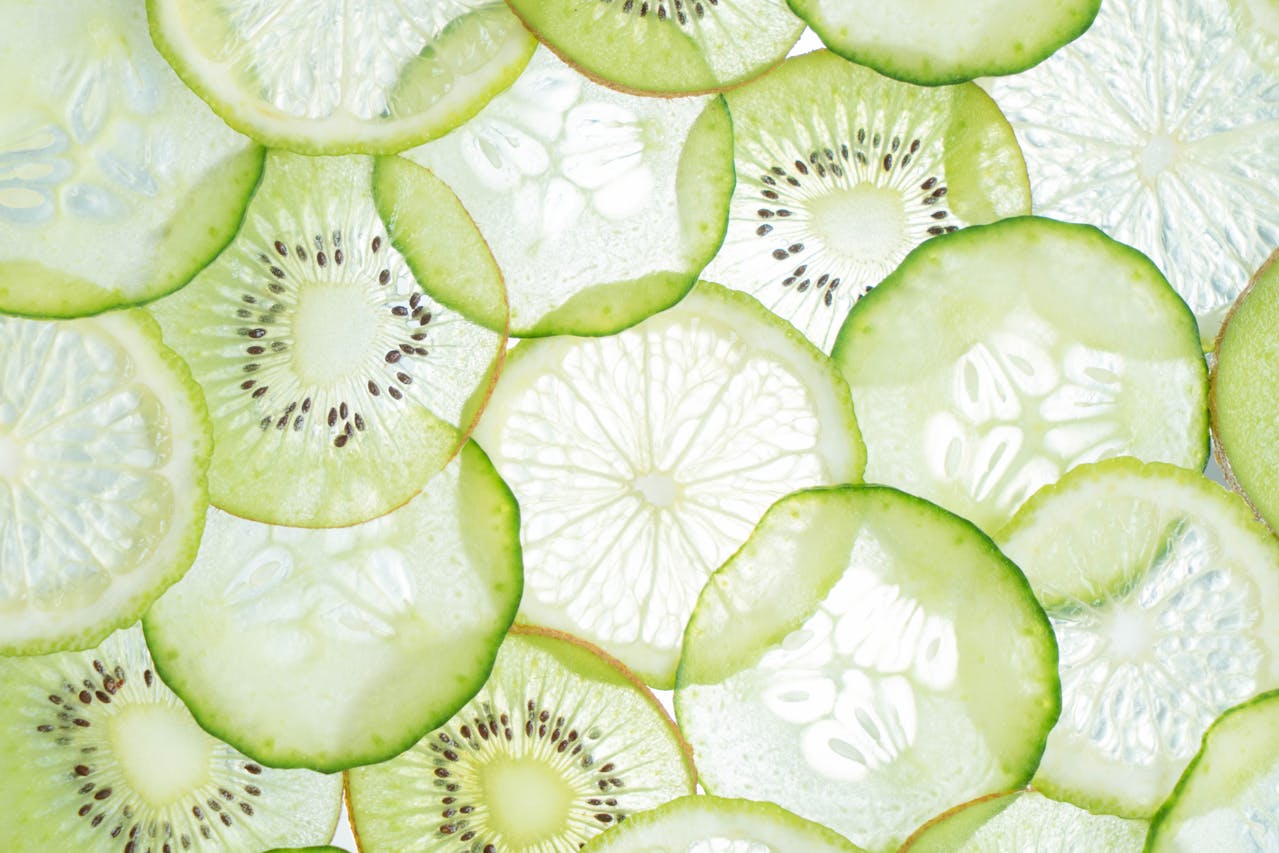What Diet is Beneficial for Kidney Health? A Science-Based Guide
Chronic Kidney Disease (CKD) is a gradual loss of kidney function that impacts the body’s ability to remove waste and maintain electrolyte balance. Adopting a kidney-friendly diet can be essential to managing symptoms and slowing disease progression. Research-backed dietary recommendations for kidney health emphasize the balance of specific nutrients and hydration to reduce kidney stress and promote overall well-being.
1. Understanding the Nutritional Needs for Kidney Health
For individuals with CKD, dietary adjustments are crucial to limit waste buildup in the blood. The kidneys play a critical role in filtering out waste and excess fluid, but as kidney function declines, waste can accumulate. Diets beneficial for kidney health typically focus on low levels of sodium, phosphorus, potassium, and protein—nutrients that can be taxing on kidneys when consumed in excess. According to studies, the following guidelines are essential for a kidney-healthy diet:- Low Sodium: High sodium intake can lead to elevated blood pressure, which may worsen kidney damage. Reducing salt and avoiding high-sodium processed foods is recommended.
- Controlled Potassium: Kidneys filter potassium, but when kidney function is impaired, potassium levels can become dangerous. Potassium management depends on blood levels and stage of CKD.
- Reduced Phosphorus: Too much phosphorus can weaken bones and stress the kidneys. Limiting phosphorus helps protect both kidney and bone health.
- Adjusted Protein Intake: Protein metabolism generates waste, which the kidneys filter out. A lower-protein diet can reduce kidney workload, particularly for those with CKD.
2. Foods Beneficial for Kidney Health
Eating a variety of low-sodium, nutrient-dense foods supports kidney function while providing necessary vitamins and minerals. Based on current scientific evidence, here are recommended food groups for kidney health:- Fruits and Vegetables (Low in Potassium): Apples, berries, grapes, cauliflower, and cabbage are generally safe and provide antioxidants.
- Whole Grains (in Moderation): While whole grains contain more potassium and phosphorus than refined grains, they offer fiber and nutrients that aid digestion and cardiovascular health. Small portions can be beneficial for CKD patients.
- Healthy Fats: Unsaturated fats found in olive oil, nuts (in moderation), and avocado support heart health without taxing the kidneys.
- Lean Protein Sources: Lower-protein options like fish, chicken, and plant proteins (tofu, beans) in small amounts help manage protein intake without overwhelming the kidneys.
- Hydration: Drinking adequate water is vital for kidney function but should be managed according to each individual’s needs and CKD stage.
3. Foods to Avoid with CKD
Avoiding high-sodium, high-phosphorus, and high-potassium foods is essential. Scientific studies consistently recommend steering clear of processed foods, red meat, and high-sodium snacks for kidney health. Here are specific examples of foods to limit:- Processed and Fast Foods: These are typically high in sodium and phosphorus additives.
- Dark-Colored Colas and Sodas: Many contain phosphorus additives that the kidneys may struggle to filter out.
- Bananas, Oranges, and Potatoes: These are rich in potassium, which can accumulate in CKD patients.
- High-Protein Foods: Especially for later stages of CKD, red meat and other protein-heavy foods may worsen kidney workload and are best consumed in controlled portions.
4. Sample Kidney-Friendly Meal Plan
Here’s a daily meal plan designed with CKD dietary principles in mind. Always consult a registered dietitian or healthcare provider before making major dietary changes. Breakfast:- Oatmeal with blueberries and a small handful of almonds (limit portion to avoid high phosphorus)
- Green tea or water
- Apple slices with unsalted peanut butter
- Grilled chicken breast with a side of cauliflower and a mixed green salad dressed in olive oil and vinegar
- Rice or quinoa (small portion for controlled protein and phosphorus intake)
- Fresh cucumber slices and bell pepper sticks with a small amount of hummus
- Baked salmon with steamed asparagus and white rice (low potassium)
- Side of mixed green salad with low-sodium dressing
- Fresh berries or a small cup of unsweetened applesauce
5. The Role of Professional Support in Managing CKD with Diet
Working with a healthcare provider or registered dietitian is vital for anyone with CKD, as dietary needs can vary greatly based on disease stage, lab results, and individual health goals. Nutritional requirements also differ depending on the type of dialysis a patient may receive, making personalized dietary advice essential.6. The Scientific Perspective on Dietary Changes and CKD Outcomes
Studies have demonstrated that patients who adhere to kidney-friendly diets experience better outcomes, including a slower progression of CKD and reduced incidence of complications such as cardiovascular disease. Research from the National Kidney Foundation also shows that even small dietary changes can significantly benefit patients with CKD by reducing kidney stress and preserving function longer.Are you tired of living under the shadow of kidney disease? Are you yearning for a life free from the shackles of dialysis, kidney failure, and the looming threat of kidney transplants? If so, you're in the right place at the right time. Imagine waking up every morning with boundless energy, feeling rejuvenated and ready to take on the day. Envision a life where your kidneys are functioning optimally, and you no longer dread the burdensome routines of dialysis sessions. The Kidney Disease Solution Program is here to turn that vision into reality for you.


